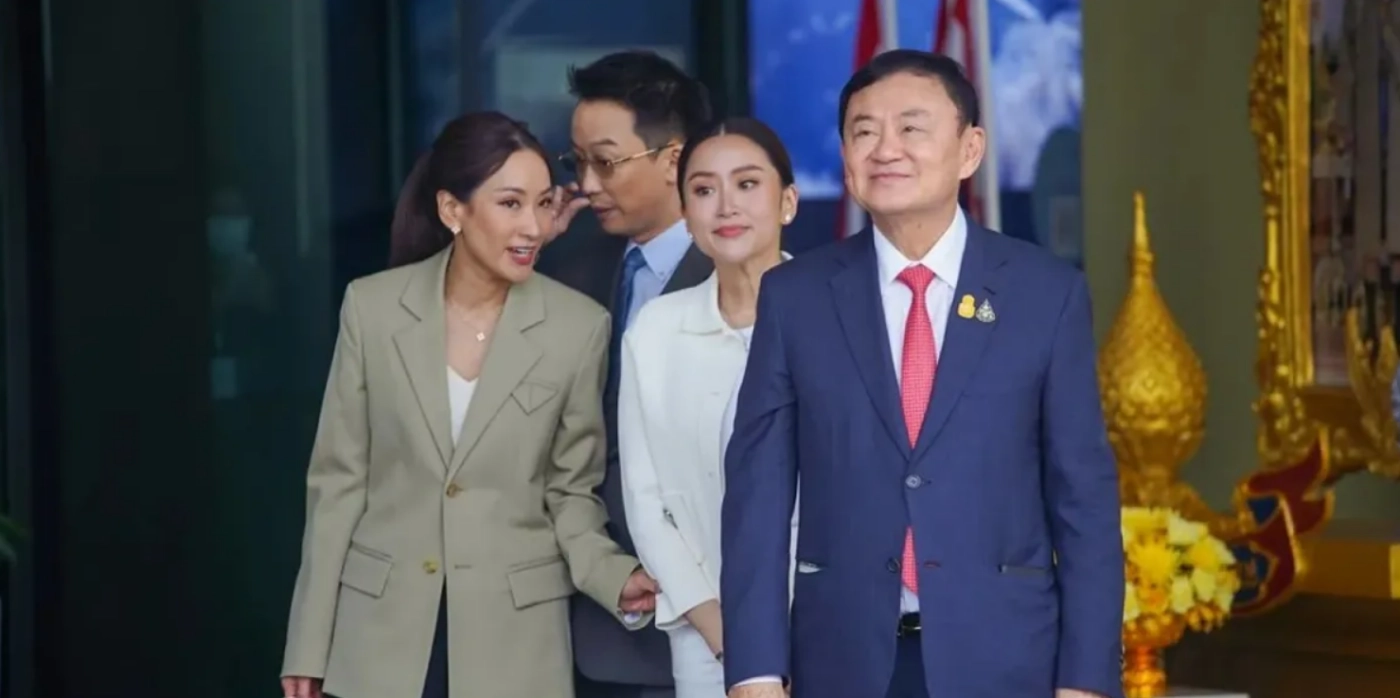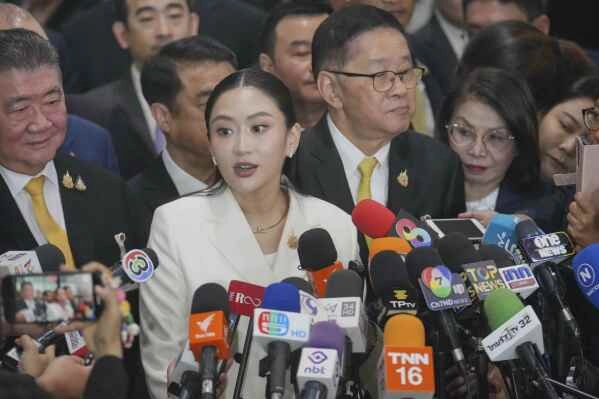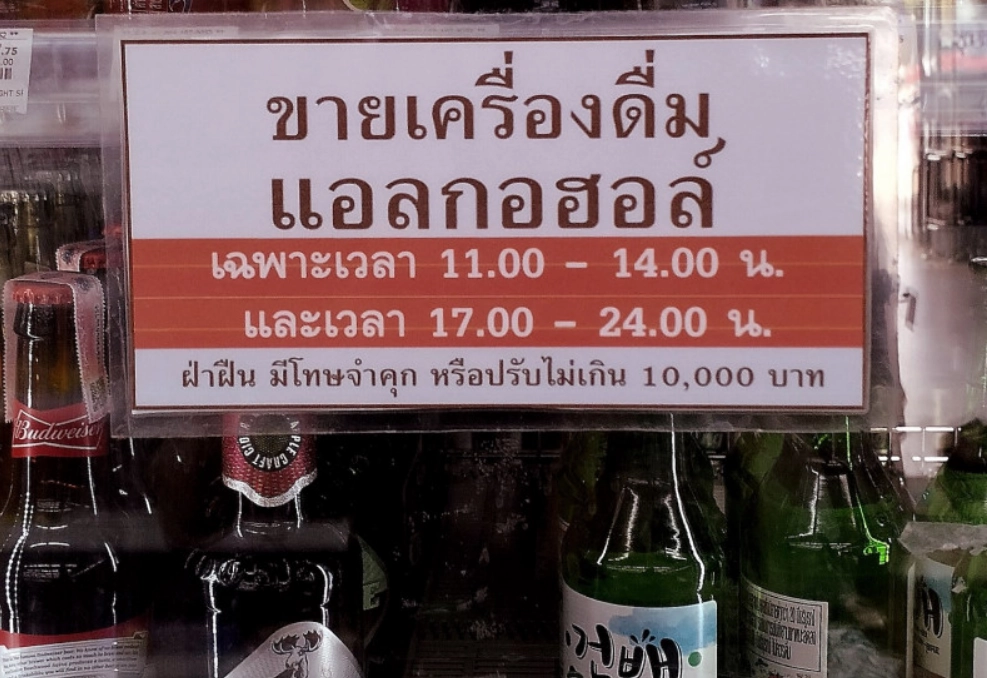No-Confidence Debate: Controversy Over Thaksin’s Name Omission
The upcoming no-confidence debate in Thailand has sparked controversy due to the opposition’s decision to omit former Prime Minister Thaksin Shinawatra’s name from the motion. Instead, an indirect reference, “a family member,” has been used following concerns over parliamentary regulations. This move has ignited discussions on parliamentary rules, legal limitations, and political strategies leading up to the debate.
Background on the No-Confidence Debate
On February 27, during the No-Confidence Debate, the opposition People’s Party filed a motion of no confidence against Prime Minister Paetongtarn Shinawatra. They argued that she lacks leadership and allows external influences, especially from Thaksin, to dictate her administration. The original motion specifically mentioned Thaksin’s name, but objections from the ruling Pheu Thai Party and House Speaker Wan Muhammad Noor Matha led to its removal.
Objections to Thaksin’s Name in the Motion during the No-Confidence Debate
The primary objection to mentioning Thaksin’s name in the No-Confidence Debate arises from constitutional and parliamentary regulations. The House Speaker, supported by MPs from the ruling party, cautioned that naming individuals outside the government in a no-confidence motion violates parliamentary procedures. He further emphasized that allowing such a motion could expose the opposition MPs and himself to legal consequences if lawsuits were filed.
Additionally, Deputy Prime Minister Prasert Jantararuangthong argued that a no-confidence motion differs from other parliamentary discussions. Unlike regular debates, it is a formal accusation targeting government officials and, therefore, should not include individuals who are not part of the administration.

Opposition’s Response and Strategic Adjustments
Initially, opposition leader MP Natthaphong Ruangpanyawut firmly opposed altering the motion. He contended that external individuals could be mentioned when necessary and that responsibility should fall solely on the MPs making such claims. However, facing legal risks and procedural roadblocks, the opposition ultimately modified the motion on March 13, replacing Thaksin’s name with the phrase “a family member.”
Thaksin’s Reaction
In response to the opposition’s attempt to associate him with the no-confidence debate, Thaksin dismissed the motion’s significance. He suggested that the move was politically motivated, aimed at undermining his influence ahead of the next general election. He remarked, “I’m not an MP, not a minister. What is the point of doing this? Or is it to discredit me for the next election? There are still two years left, so let’s stay calm.”
Legal and Parliamentary Regulations on Debates
The Thai Constitution and parliamentary rules outline strict guidelines for debates, particularly concerning references to individuals outside government offices.
Key Constitutional Provisions:
- Section 124 of the 2017 Constitution – Grants parliamentary privilege for statements made by MPs but excludes statements that target external individuals, particularly when broadcasted or deemed defamatory.
- Section 69 of the Rules of Parliamentary Procedure (2019) – Prohibits unnecessary mentions of names of individuals who are not members of parliament.
- Section 178 of the Rules of Parliamentary Procedure (2019) – Establishes liability for MPs whose statements cause damage to individuals not holding official government positions.
These legal provisions highlight that while mentioning outside individuals is not explicitly forbidden, MPs bear full responsibility for any legal repercussions if their statements cause harm or violate ethical codes.

Political Implications and Strategic Considerations
The removal of Thaksin’s name from the motion reflects the delicate balance between political strategy and legal constraints. By indirectly referring to him, the opposition maintains its criticism of PM Paetongtarn while avoiding direct legal conflicts. However, this tactic also weakens the motion’s direct impact, as it leaves room for ambiguity in the accusations.
Conversely, the ruling party benefits from the name omission by avoiding direct confrontations that could fuel Thaksin’s political narrative. Given his continued influence in Thai politics, both his supporters and critics closely follow any references to him in parliamentary discussions.
Possible Outcomes of the Debate
As the no-confidence debate unfolds, several scenarios may emerge:
- Opposition Gains Traction – If the debate effectively presents evidence of external interference in government affairs, it could damage PM Paetongtarn’s credibility.
- Legal Challenges Arise – Should MPs push boundaries by making explicit references to Thaksin, legal battles could ensue, potentially delaying the parliamentary process.
- Public Perception Shifts – The debate’s framing may influence public opinion, impacting future elections and shaping political alliances.
Conclusion
The controversy surrounding the no-confidence debate underscores the intricate intersection of law and politics in Thailand. While the opposition aimed to highlight alleged external influences on PM Paetongtarn’s administration, legal restrictions forced a strategic shift in their approach. Moving forward, this debate may serve as a precedent for how parliamentary discussions handle references to influential figures outside government roles.
As Thailand navigates political challenges, the balance between accountability, legal compliance, and strategic maneuvering will continue to shape its democratic discourse.
See other articles:
ฟุตบอลฟาวล์: ความเข้าใจในกฎเกณฑ์และผลกระทบในการแข่งขัน












